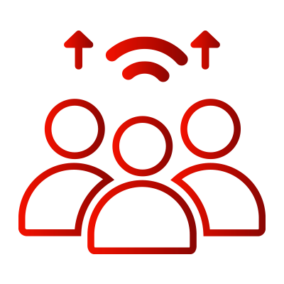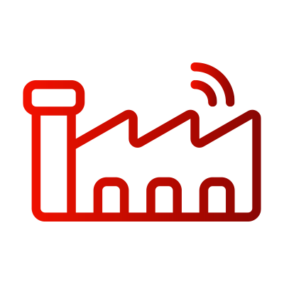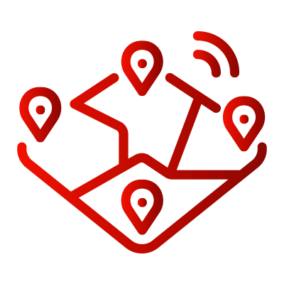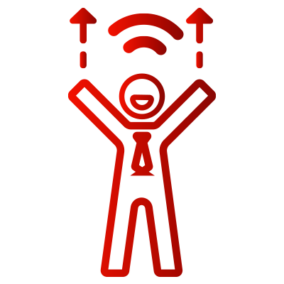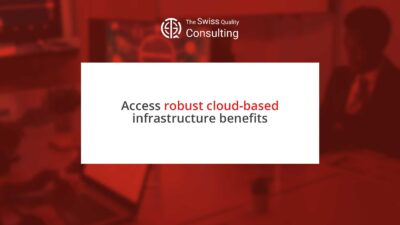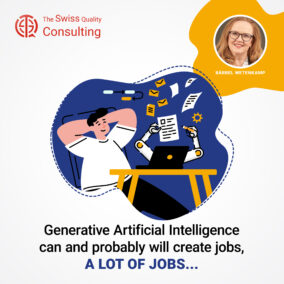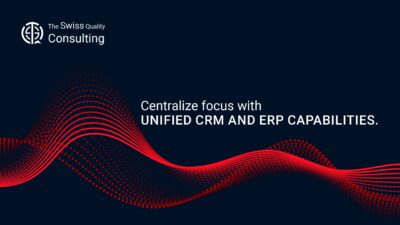Empowering Urban Development with Insightful Data Analysis
Data-Driven Decision Making in Smart Cities is revolutionizing urban planning and management by leveraging the vast amounts of data generated by city infrastructures and citizens. Through the integration of advanced analytics, IoT technologies, and big data, municipalities can now make more informed decisions that enhance operational efficiency, improve public services, and ensure sustainable urban development. This article explores the transformative impact of data-driven strategies on urban environments, emphasizing the role of predictive analytics, technology integration, and decision support systems in facilitating smarter, more responsive city management.
Optimizing Urban Operations with Advanced Analytics
Enhancing Efficiency through Data Insights
Advanced analytics provide the backbone for data-driven decision making in smart cities, offering powerful tools to analyze and interpret the complex datasets that urban ecosystems generate. By applying predictive analytics, city officials can forecast future trends in traffic patterns, energy consumption, and resource demands, allowing for proactive adjustments to infrastructure and services. This approach not only enhances the efficiency of urban operations but also significantly improves the quality of life for residents by minimizing congestion, ensuring reliable utility services, and maintaining safe and clean public spaces. Furthermore, data-driven strategies support the development of dynamic urban policies that adapt to changing conditions and needs, fostering more resilient and flexible urban environments.
Driving Sustainable Urban Development with Big Data
Informing Policy with Comprehensive Analytics
The use of big data in smart cities goes beyond operational improvements, playing a crucial role in sustainable urban development. Through the collection and analysis of data from diverse sources—including traffic sensors, environmental monitors, and social media—urban planners can gain a holistic view of city life and its impact on the environment. This comprehensive understanding enables the design of sustainable policies that promote green spaces, reduce carbon emissions, and encourage the use of renewable energy sources. Additionally, data-driven insights help cities to implement targeted initiatives that address specific environmental challenges, such as air pollution and waste management, contributing to the overall health and sustainability of urban areas.
Improving Public Services with Technology Integration and IoT
Creating Smarter, More Responsive Cities
The integration of technology and IoT devices in urban management is transforming public services, making them smarter and more responsive to the needs of citizens. Data-driven decision making enables the optimization of public transportation systems, the development of smart healthcare services, and the enhancement of public safety measures. By analyzing real-time data from IoT sensors and devices, cities can quickly respond to emergencies, adjust public transportation schedules to meet demand, and provide citizens with accurate information about city services. This level of responsiveness not only improves the efficiency and effectiveness of public services but also increases citizen satisfaction and engagement, fostering a sense of community and well-being in urban environments.
In conclusion, Data-Driven Decision Making in Smart Cities is a critical component of modern urban management, enabling cities to navigate the complexities of urbanization with informed, analytical approaches. By harnessing the power of advanced analytics, big data, and technology integration, municipalities can enhance operational efficiency, promote sustainable development, and improve public services. As smart cities continue to evolve, the reliance on data-driven strategies will undoubtedly increase, highlighting the need for innovative analytics solutions and skilled data professionals to shape the future of urban living.
#DataDrivenDecisionMaking, #AdvancedAnalytics, #SmartCities, #UrbanPlanning, #TechnologyIntegration, #IoT, #BigData, #PredictiveAnalytics, #UrbanDevelopment, #DecisionSupportSystems, #OperationalEfficiency


